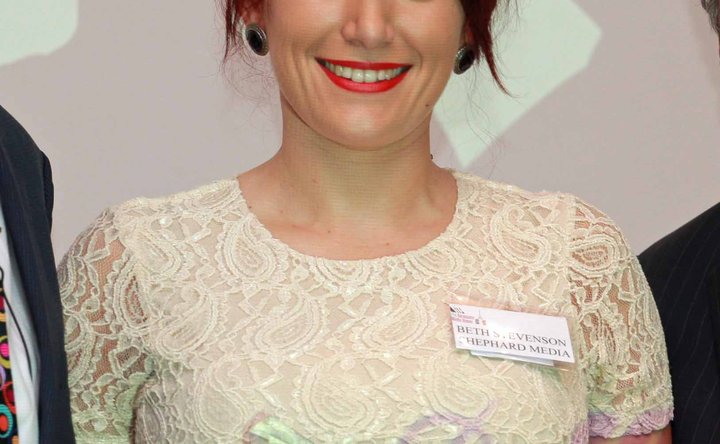Raytheon confirms Space Fence progress
A Raytheon official has confirmed that the company has demonstrated the capability of it Space Fence radar prototype during testing as part of USAF’s preliminary design review (PDR).
Speaking to Shephard on 29 March, Scott Spence, Space Fence programme director for Raytheon, said the company completed three months of prototype testing in February, although an official statement from the company has not yet been released.
Lockheed Martin’s team, which consists of AMEC, AT&T and General Dynamics, confirmed at the beginning of March that it had completed the same phase, which was conducted primarily in Moorestown, New Jersey, as well as
Already have an account? Log in
Want to keep reading this article?
More from Digital Battlespace
-
![EID to unveil new vehicle communication system at DSEI]()
EID to unveil new vehicle communication system at DSEI
The Portuguese company’s naval communications system is in service across more than a dozen countries. It has turned to its home nation for support in developing a new vehicle based C2 system.
-
![Chess Dynamics successfully demonstrates Vision4ce AI-driven tracker]()
Chess Dynamics successfully demonstrates Vision4ce AI-driven tracker
The Vision4ce Deep Embedded Feature Tracking (DEFT) technology software is designed to process video and images by blending traditional computer vision with artificial intelligence (AI) algorithms to present actionable information from complex environments.
-
![Wave Relay devices cleared for security use on commercial systems in industry trend]()
Wave Relay devices cleared for security use on commercial systems in industry trend
Persistent Systems has been cleared by National Security Agency (NSA) to transmit sensitive data on commercial networks. The devices are added to the NSA’s Commercial Solutions for Classified (CSfC) component list which also includes other companies’ products providing the same security.
-
![UK teases cyber spending boost in Strategic Defence Review ahead of “imminent” release]()
UK teases cyber spending boost in Strategic Defence Review ahead of “imminent” release
The release of the UK’s Strategic Defence Review (SDR) has been long promised as mid-year. It is possible it could be as early as 2 June although the UK Ministry of Defence (MoD) continues to play its cards close to its chest.
-
![Intelsat emphasises SATCOM resilience for SOF in contested domains (video)]()
Intelsat emphasises SATCOM resilience for SOF in contested domains (video)
Intelsat outlines how its multi-orbit SATCOM architecture is enhancing connectivity and resilience for special operations forces operating in degraded and contested environments.
-
![US Space Force’s next-generation missile warning system moves forward with $500 million in new contracts]()
US Space Force’s next-generation missile warning system moves forward with $500 million in new contracts
Next-Generation Overhead Persistent Infrared (Next-Gen OPIR) satellites are intended to provide early warning of missile launches from any location worldwide and new ground stations will result in expanded coverage of critical missile warning.

























